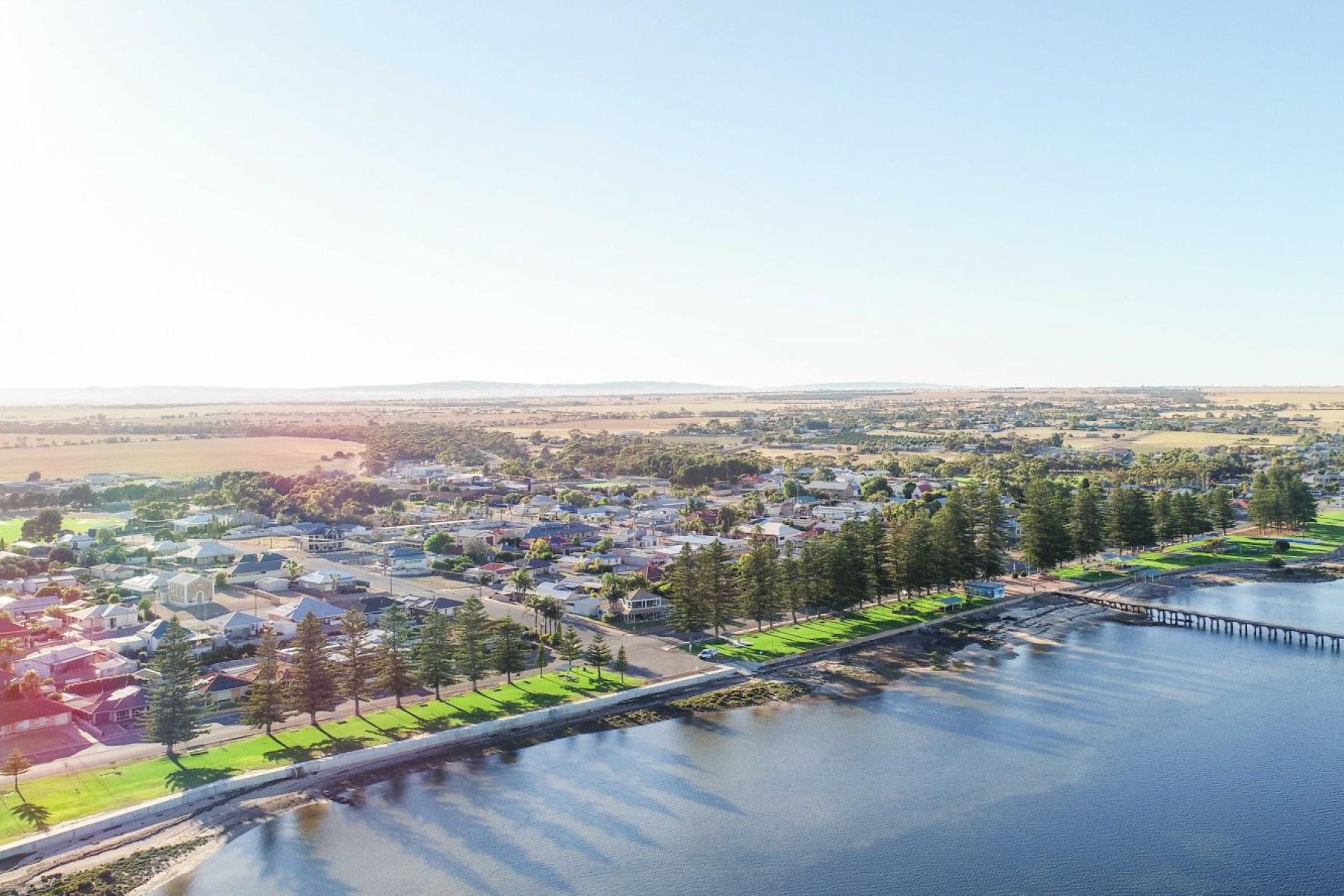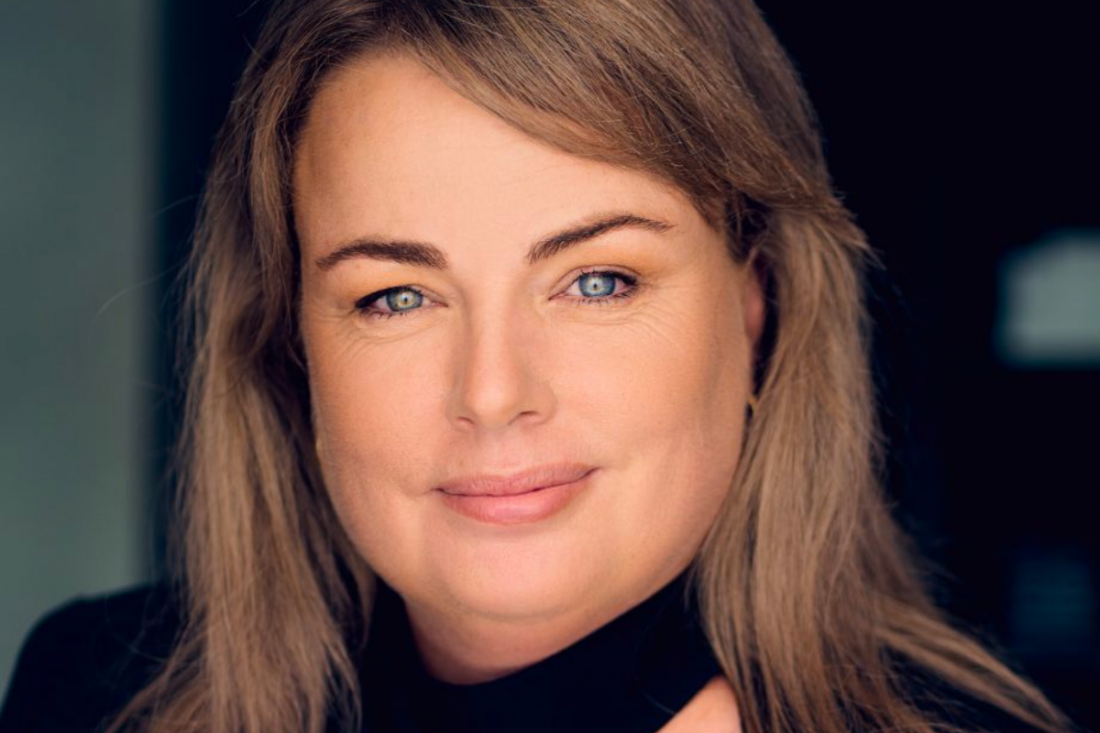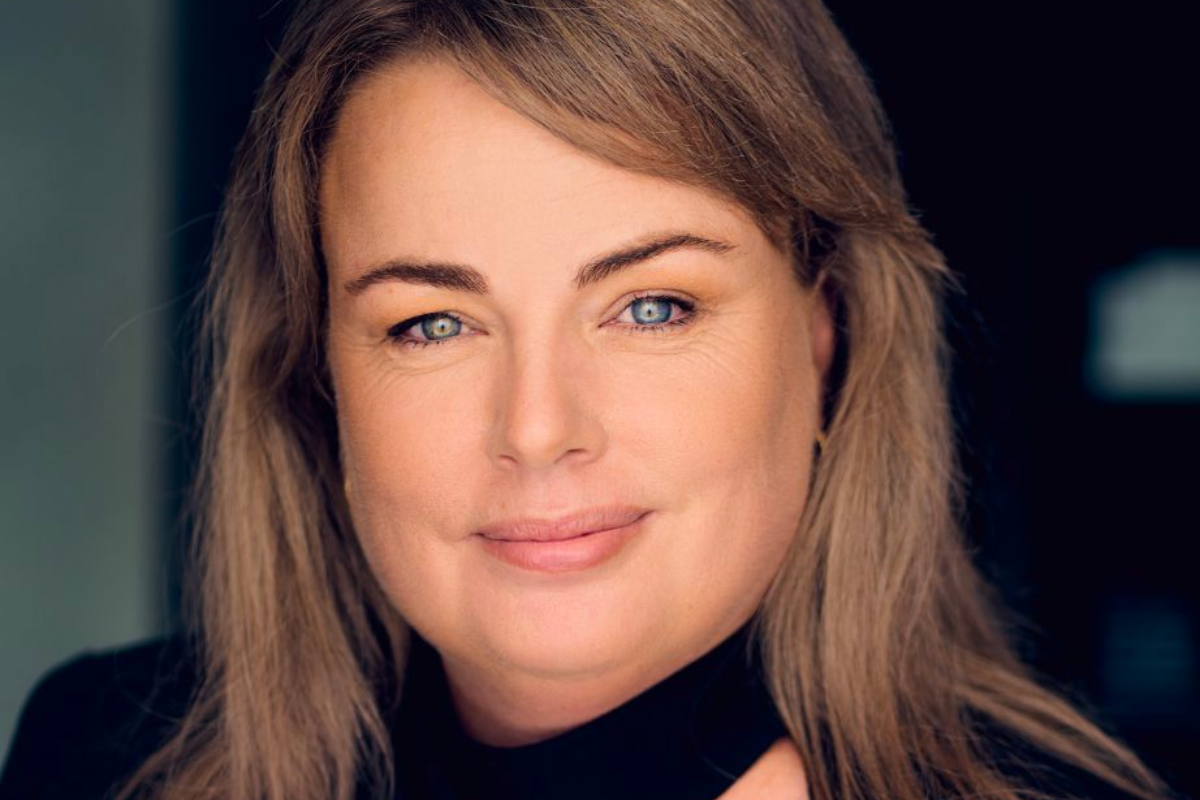In the face of the numerous challenges that local councils across Australia have grappled with in the aftermath of the COVID-19 pandemic and the ensuing cost-of-living and housing crises, Barunga West Council CEO Maree Wauchope stands out with her unwavering commitment toward growth and opportunity within the district.
Just three years into the role, Wauchope’s proactive leadership approach has extended beyond the traditional boundaries of conventional local governance and embraced a broader call for regional problem-solving and development.
Having already overseen a swathe of council upgrades to roads, playgrounds, playing fields and the district’s wastewater management systems, one of the most significant impacts she has made to date is her work on the Fisherman Bay Freeholding Project in the Yorke Peninsula community.
Community Breakthrough
Described by Wauchope as essentially “a massive caravan park”, Fisherman Bay had been home to over 400 privately owned shacks, which until recently had all been under yearly land licensing agreements to remain on the site.
As the shack owners didn’t own the land their buildings were situated on, both public and private development had stagnated in the area over the years.
“No one really wanted to invest on land that they didn’t own,” Wauchope explains. “Fisherman Bay had no essential services, it didn’t have any wastewater, the roads were pretty basic and there were no stormwater provisions.”

“The housing crisis is quite real in Barunga West district as a whole, so we’re taking risks and that involves a different skill set.”
Wauchope played a key role in the negotiation of an infrastructure deed with the Fisherman Bay landowners, Fisherman Bay Management, ending two decades of perennial underinvestment and enabling a wave of new land ownership, economic development and growth in the region.
Included within the freeholding project deal struck by Wauchope was a US$12.7 million investment into the construction and upgrade of essential community infrastructure at Fisherman Bay. South Australian construction company Bardavcol is currently delivering these works in conjunction with civil engineering company Wallbridge Gilbert Aztec.
The freehold deal also saw around 90 percent of the original Fisherman Bay shack owners purchase the land their properties were situated on, a move that has already sparked a flurry of council development applications and private investment from eager licensees-turned-landholders.
“It’s a massive breakthrough for the community,” Wauchope enthuses.
“It’s going to be a fantastic development in the future because people are knocking down their old shacks and building new homes, or they’re upgrading their structures, because now they own land, so they can afford to invest in it.
“They know it’s theirs, they’re not going to lose it. So it’s a very good outcome for my community.”
An Assertive Approach
Driven by the goal of increasing residential land and affordable property ownership in the region, Wauchope is leading Barunga West Council to take a more assertive approach to both land rezoning and development.
“We’re developing at the moment because there’s no one that will play that role to get industrial and residential land to the market,” Wauchope says. “The housing crisis is quite real in Barunga West district as a whole, so we’re taking risks and that involves a different skill set.”
Alongside a large release of land near Fisherman Bay that will see 266 new homes built in the future, Wauchope says her council also has plans for large residential developments in Bute and Port Broughton, too.

“It’s going to be more than just roads, rates and rubbish. Councils have got to be economic development and delivery arms of regional communities and also provide all the other essential services that councils do.”
“We’re trying our best to do what we can to get more land onto the market so people can build homes and live in our district,” she says.
Wauchope sees the future of local councils in regional areas undergoing a necessary evolution in both their role and function, which involves not just meeting the traditional civic needs of ratepayers but also taking ownership of the broader economic enhancement of their districts.
“It’s going to be more than just roads, rates and rubbish. Councils have got to be economic development and delivery arms of regional communities and also provide all the other essential services that councils do,” she says.
“We need to be a lot more now than we have been in the past.”





